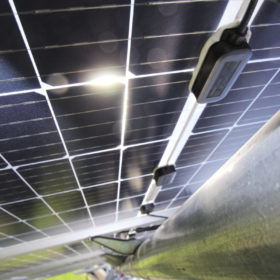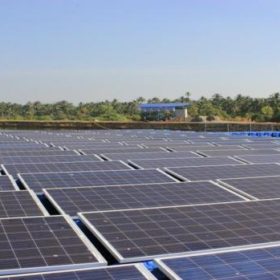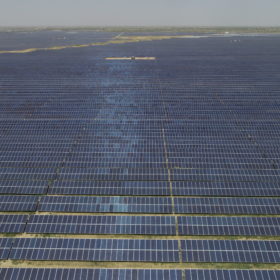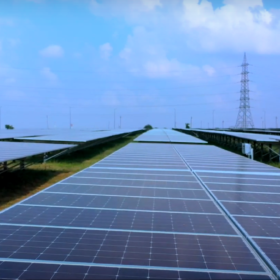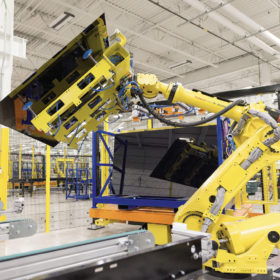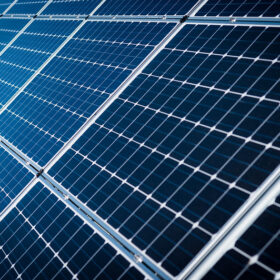JSW Energy completes acquisition of Mytrah’s 1.75 GW renewable assets
JSW Energy arm JSW Neo Energy has completed the acquisition of 1,331 MW of wind capacity and 422 MW solar from Mytrah Energy for INR 10,150 crore ($1,235 million).
Sterling and Wilson Renewable Energy selects Nextracker for NTPC’s 1.568 GWp solar plant
Nextracker will supply its optimized bifacial solar trackers for NTPC Renewable Energy’s 1.568 GWp PV project in the Indian state of Gujarat. The project, India’s largest contiguous solar power plant, is being implemented by Sterling and Wilson Renewable Energy.
Avaada Group wins 3 GW solar manufacturing capacity under PLI Scheme
Avaada Group won a production-linked incentive of INR 961 crore ($116.78 million) for 3 GW of wafer-to-module capacity.
Tata Power Solar to set up 300 MW project for NLC India
Tata Power Solar Systems has secured the Letter of Award (LoA) to build the 300 MW solar project on an EPC basis in Rajasthan.
NTPC to supply 1.3 GW of round-the-clock renewable power for Greenko’s green ammonia plant
NTPC Renewable Energy has signed the term sheet to supply 1.3 GW of round-the-clock renewable power for Greenko’s upcoming green ammonia plant at Kakinada in Andhra Pradesh.
India’s energy transition presents $25 billion annual investment potential: Avendus Capital
India attracted around $10 billion of annual investment in the renewable energy sector over the last five years. High economic growth and a stable commitment to decarbonization have drawn the attention of major organizations and investors from around the world.
India surpasses 64 GW of installed solar capacity: MNRE
Rajasthan, Gujarat and Karnataka account for over 50% of the cumulative installed solar capacity.
ReNew repaid over $1 billion to offshore bondholders in FY2023
The amount repaid included the most recent amortization of $180 million this month.
Indosol, Reliance win production-linked incentives for poly-to-module manufacturing
Eleven companies have emerged winners in the second round of production-linked incentive scheme for high-efficiency solar modules. Out of these, Indosol, Reliance, and First Solar have won incentives for fully integrated manufacturing capacities.
IREDA touches new record in lending for renewable energy projects
Indian Renewable Energy Development Agency Ltd (IREDA) disbursed loans of INR 16,320 crore and sanctioned INR 32,578 crore for renewable energy projects, in FY 2022-23.

